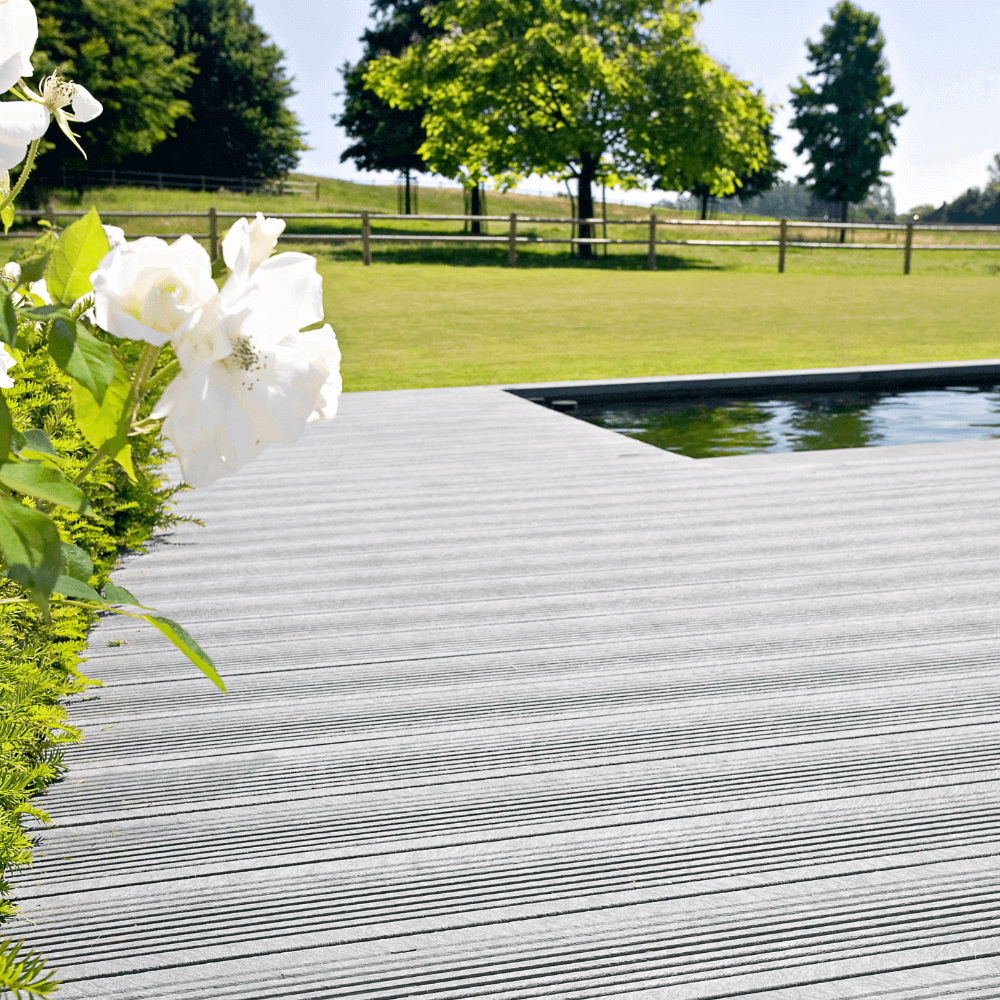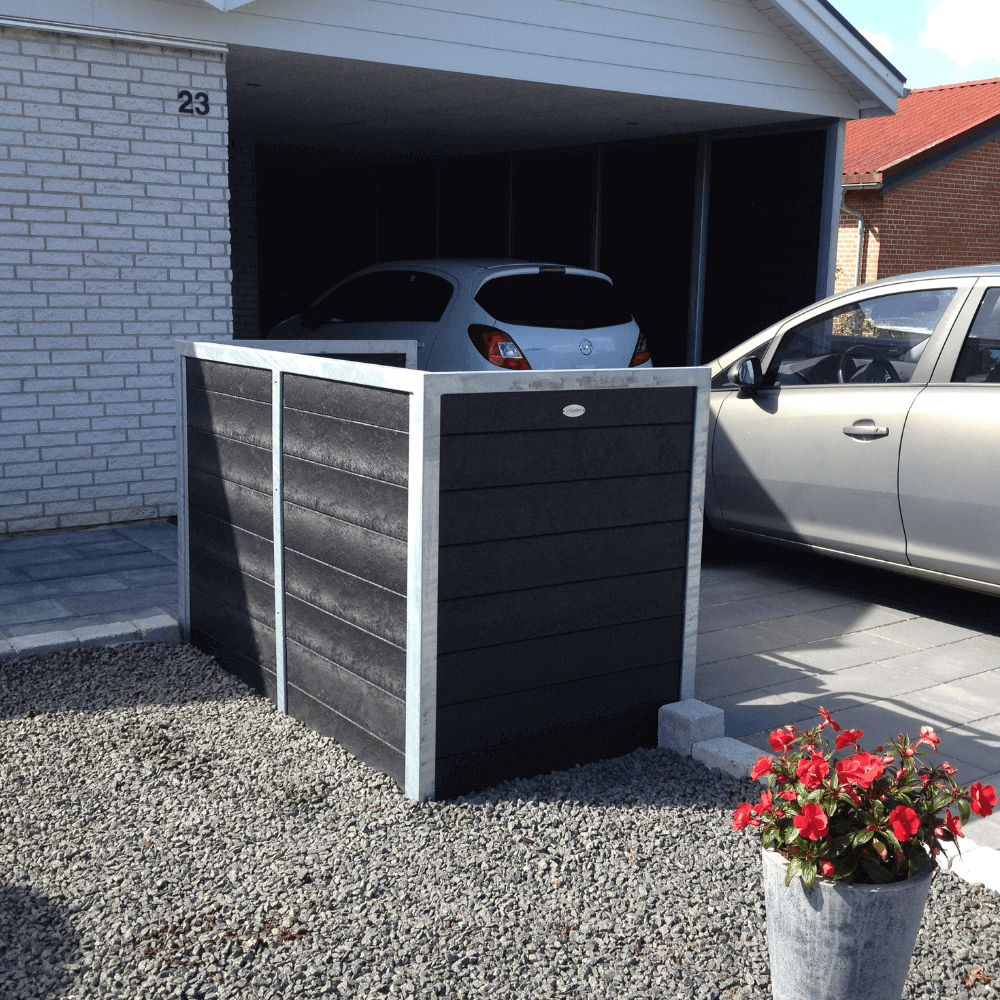Insect netting is one of the most effective and environmentally friendly solutions for protecting your plants from pests without resorting to chemicals. This net functions as a physical barrier that prevents pests such as cabbage butterflies, cabbage flies, and carrot flies from reaching your plants, while still allowing light and water to pass through. By using insect netting in the garden, you can achieve healthier and more sustainable cultivation an important step toward ecological balance.
The Challenge of Pests in the Garden
Pests can be a major challenge for any gardener. They can quickly damage or destroy your plants, often leading to the use of pesticides. Unfortunately, these chemicals can have negative consequences for both the environment and your health. There is therefore an increasing need for long-term solutions that protect both plants and the environment. This is where insect netting comes in as a sustainable solution that not only protects your plants but also preserves soil health and biodiversity.
Improving Your Gardening Experience
By using insect netting, you can significantly improve your gardening experience. Not only do you ensure that your plants remain healthy and undamaged, but you also maintain a healthy ecological balance in the garden. This is especially important for those who want to grow organically and minimize dependence on chemical pesticides. Insect nets are easy to install and can be used in a wide variety of gardening projects, from raised beds to greenhouses. For example, you can find suitable solutions for your needs at Growcamp, where you can explore a selection of mini greenhouses and raised beds.
Overall, insect netting represents a future-proof solution for gardeners who want to protect their plants in an eco-friendly way. By choosing this method, you can enjoy a lush garden filled with healthy plants while contributing to a greener planet.
Facts About Insect Netting: An Effective Barrier Against Pests
Insect nets act as a strong physical barrier that protects your plants from a variety of common pests such as cabbage butterflies, cabbage flies, carrot flies, and aphids. These nets are made from UV-stabilized polyethylene, ensuring they are both durable and cost-effective in the long run. They can typically last up to eight years, making them a long-term investment in the health of your garden.
Eco-Friendly Benefits of Using Insect Netting
One of the biggest advantages of using insect netting is the reduction in pesticide use. This is not only good for the environment but also for your own health and soil health. Insect nets allow light and water to pass through, ensuring that plants have the best growing conditions without being exposed to harmful chemicals. This method supports sustainable gardening practices, preserving biodiversity and promoting a healthy ecological balance.
Practical Use of Insect Netting
Setting up insect netting in your garden is a simple process that can be done in just a few steps. Start by preparing the area by removing stones and weeds. Then use hoops or supports to hold the netting above your plants. This ensures that the net does not touch the plants directly and gives them room to grow. Secure the net to the ground with pegs to prevent pests from gaining access to your plants.
Maintaining insect netting is also straightforward. Make sure to clean it regularly to remove dirt and store it properly outside the growing season to extend its lifespan. You can find more tips for setup and maintenance on Growcamp’s website, where you can also explore various accessories such as trellis ties and wall beds to optimize your gardening experience.
Comparing Insect Netting and Fleece
Insect netting and garden fleece are both popular choices for plant protection, but they have different properties. Insect netting offers better air circulation, which is crucial for preventing moisture buildup and fungal diseases. They also last longer thanks to their UV-stabilized material. While fleece can provide some frost protection, insect netting offers a more effective barrier against pests and has a lower environmental impact since it reduces the need for chemical pesticides.
By choosing insect netting, you can ensure that your plants receive the best possible protection while maintaining a sustainable and eco-friendly gardening practice. For more solutions and accessories to improve your gardening experience, you can visit Growcamp’s range of raised beds and mini greenhouses.
Long-Term Sustainability in the Garden
Insect netting plays a key role in promoting sustainable gardening practices. By reducing the need for chemicals and pesticides, they protect not only your plants but also the surrounding environment. Insect nets are an investment in the future, as they are durable and can be reused for many years. By integrating insect nets with modern gardening equipment, such as Growwater self-watering systems, you can further optimize your garden and ensure that your plants receive the best care with minimal environmental impact.
Product Differentiation and Customization
There are different types of insect nets, each with specific uses. Some nets are designed to protect against specific pests, while others are more versatile. Growcamp offers a wide selection of nets that can be adapted to your specific needs, whether for a large raised bed or a mini greenhouse. Their nets are known for their durability and ability to withstand various weather conditions, making them ideal for both private gardens and professional nurseries.
Inspiring Success Stories
Many gardeners have already experienced the positive effects of using insect netting in their gardens. For example, Mette Jensen, an experienced gardener, stated:
"Since I started using insect netting, my plants have been healthier and more productive. It has really made a difference in my organic garden."
This is just one example of how insect netting can improve both the yield and health of your plants.
Frequently Asked Questions
How do I choose the right insect netting for my garden?
Consider plant type, pest pressure, and net durability. Growcamp offers different solutions that can be tailored to your specific needs.
Can insect netting be used in all types of gardens?
Yes, they are versatile and can be used in raised beds, kitchen gardens, and greenhouses, such as pallet-frame greenhouses.
How do I best maintain my insect netting?
Regular cleaning and proper off-season storage extend its lifespan. Be sure to remove dirt and store the netting dry.
Are there any disadvantages to using insect netting?
Limited access to the plants can be a challenge, but this can be solved with proper setup and maintenance.
How does insect netting contribute to a sustainable garden?
By reducing the need for pesticides and preserving biodiversity in the garden, insect netting supports a healthy and sustainable gardening practice.








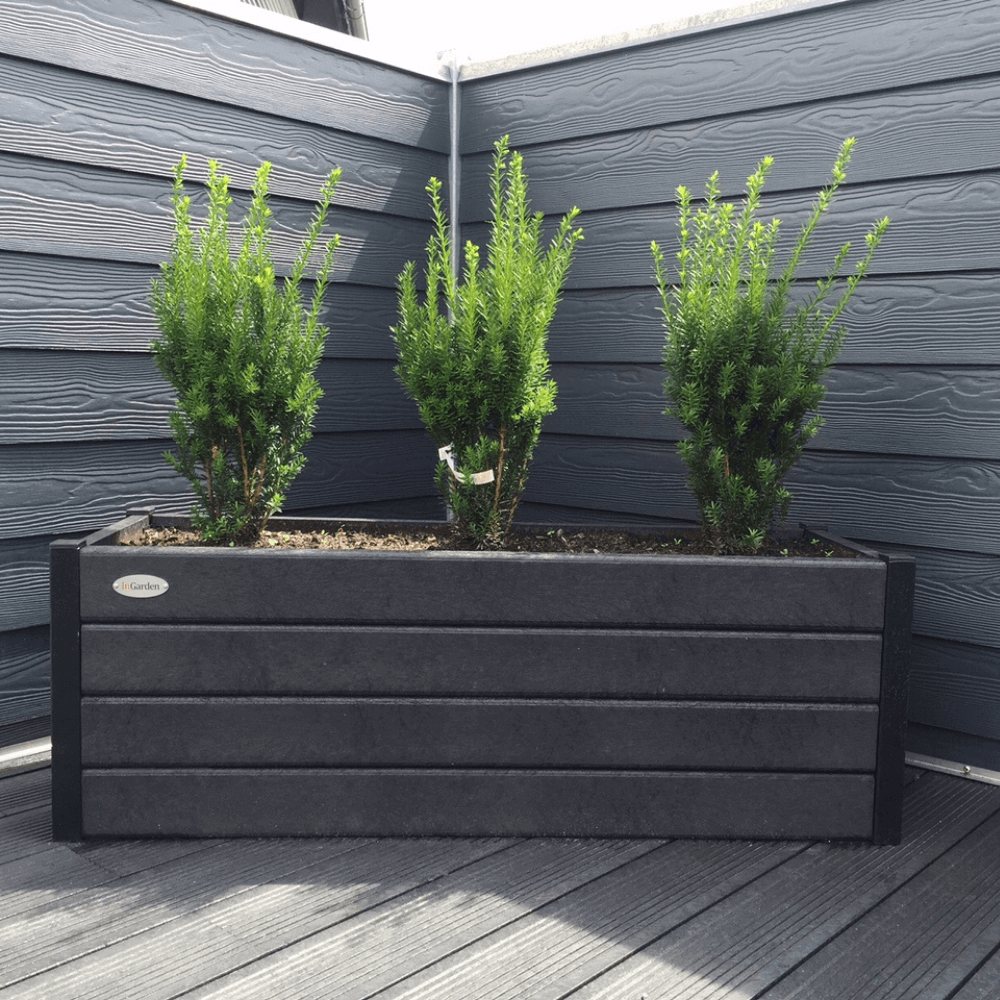
-1.backdrop.png)
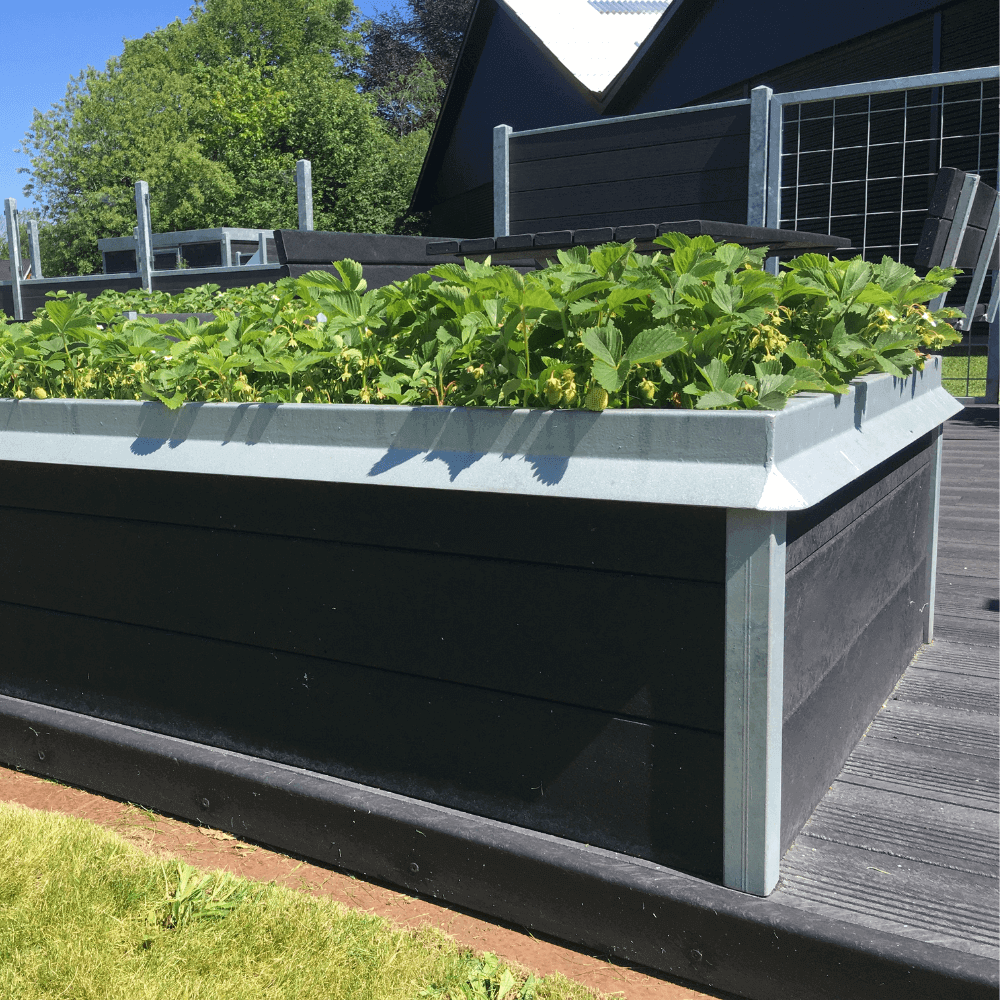
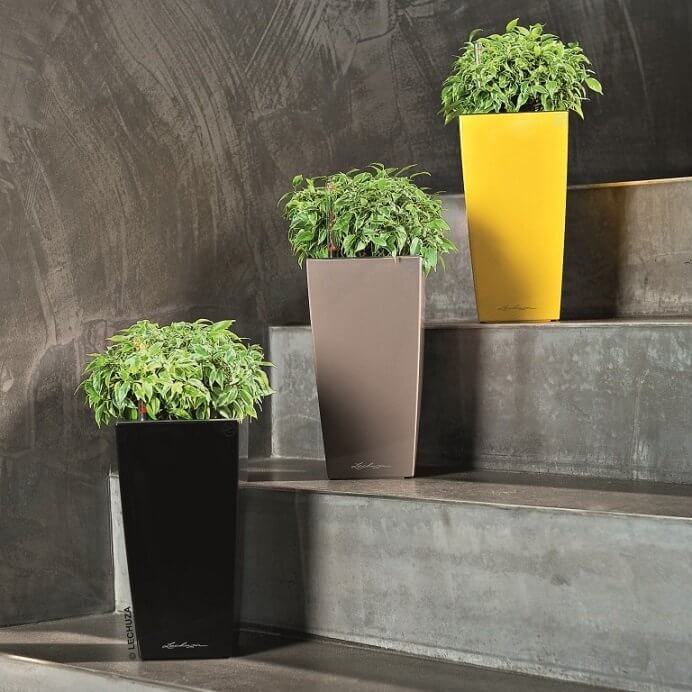
-1.backdrop.png)
